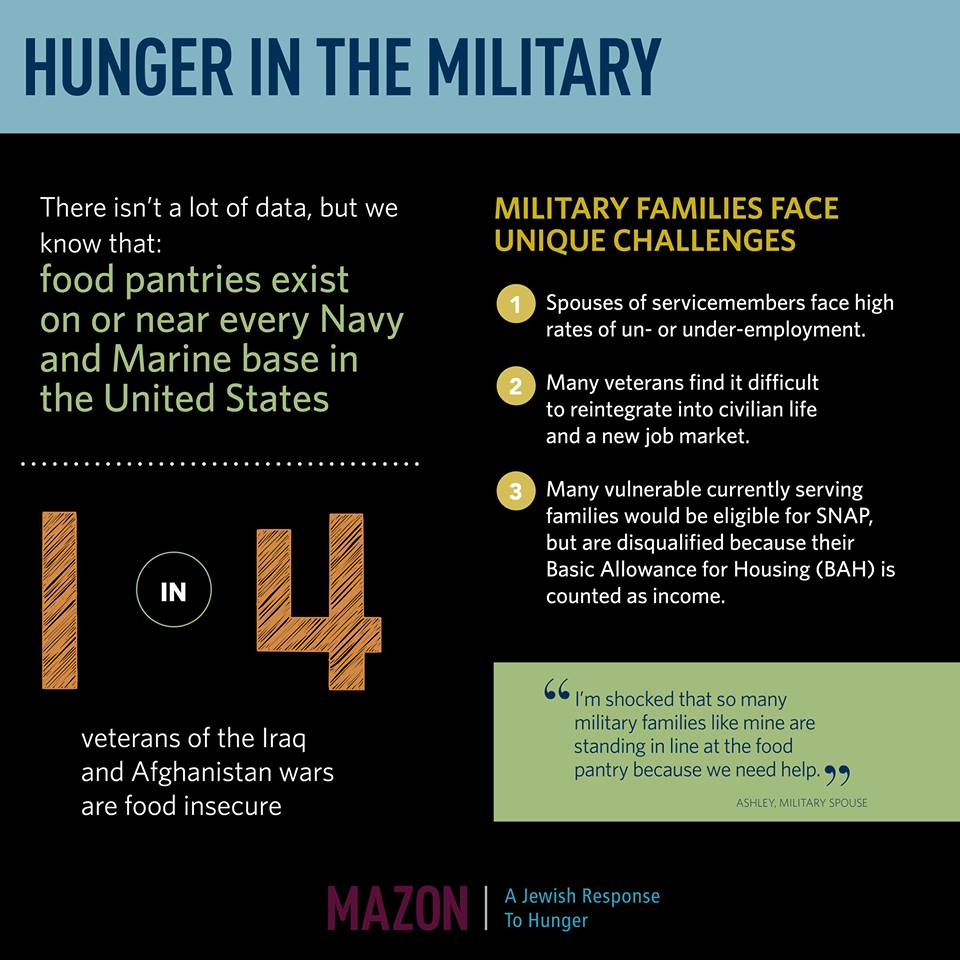First, a bit of history:
World War I hostilities between Allied nations and Germany ceased on the eleventh hour of the eleventh day of the eleventh month of 1918. On that anniversary the following year, President Wilson proclaimed November 11 the first commemoration of Armistice Day. Armistice Day wasn’t a legal holiday until 19 years later.
In the coming years American servicemen and women would serve in World War II and the Korean War. At the urging of veterans service organizations, the Act of 1938 was amended, the word “Armistice” struck and replaced with “Veterans.” On October 8, 1954, President Eisenhower delivered the first “Veterans Day Proclamation,” and we’ve observed it ever since. I won’t go into the Veterans Day 1971-1977 three-day-holiday stint except to say it was confusing, diminished significance for some, and the November 11th observance was restored.
Veterans have their days. If at all, many of us, myself included, observe those days by posting a flag pic/call to remembrance on social media. Some attend an annual parade, year over year crowds diminishing in tandem with numbers of those honored. A few place flags or wreaths at the graves of the loved and lost.
1 in 4 Iraq and Afghanistan war veterans are food insecure. I wonder how many of that 25% feels honored this Veterans Day.
The good news is organizations like Mazon: A Jewish Response to Hunger are paying attention. In just the last few days, Members of Congress, too, expressed concern over high rates of food insecurity among veterans. In a letter dated November 8, 2017, to Veterans Affairs Sec. David Shulkin, US Representative Al Lawson (FL) asked the department for a 2018 report of data collected re: food insecurity among veterans. Rep. Lawson wants to expand SNAP for veterans. The following MOCs signed that letter.
Al Lawson
Michelle Lujan Grisham
Seth Moulton
Tim Walz
Peter A. DeFazio
Dwight Evans
Denny Heck
Chellie Pingree
David Scott
Kirsten Gillibrand
James P. McGovern
Tim Ryan
J. Luis Correa
Julia Brownley
John Garamendi
Jimmy Panetta
Jacky Rosen
Tom O’Halleran
Each of these MOCs has at least one thing in common. (Hint: it's a letter.) I do not know who was asked to sign.
On March 4, 1865, in his second inaugural address, President Lincoln exhorted our nation (soon to see his assassination and the Civil War’s end) to the following:
“…let us strive on to finish the work we are in, to bind up the nation’s wounds, to care for him who shall have borne the battle and for his widow, and his orphan, to do all which may achieve and cherish a just and lasting peace among ourselves and with all nations.”
This Veterans Day, don’t “wave a flag.” Call your MOCs (800-826-3688) and urge them to reject H.R. 1, the Tax Cuts and Jobs Act, a bill that provides massive tax cuts for the wealthy paid for by cuts to low-income programs and the safety net—programs benefitting veterans. Determine whether your MOCs are in fact patriotic, heeding Lincoln’s call to care and a "just and lasting peace." If not, next time do your patriotic duty and vote them out.


